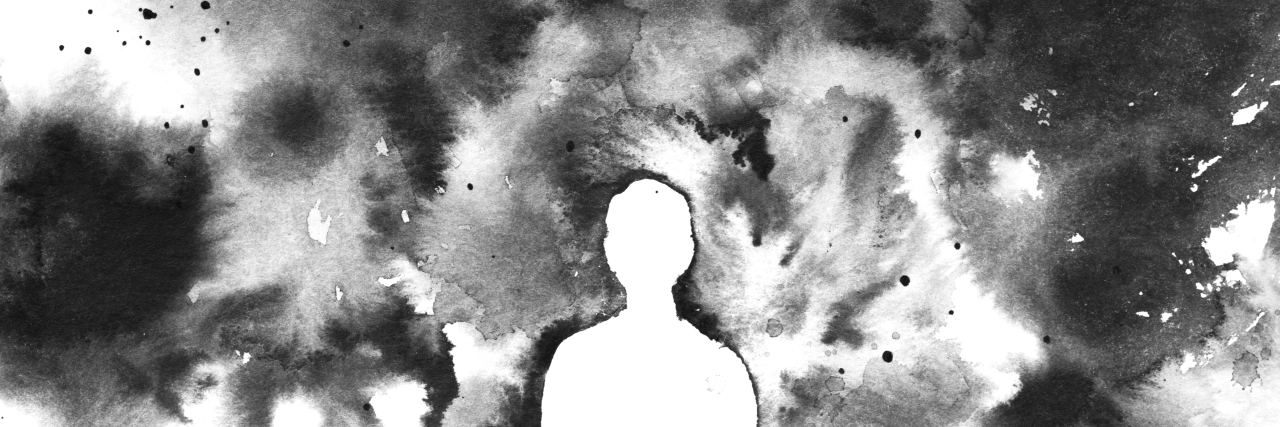Why We Need to Start Talking About Mental Health and Rare Disease
Depression. Anxiety. Sadness. They’re often the unwelcome, but lifelong friends when you have a rare disease. Sometimes it can come in phases, and sometimes it settles in and becomes part of your everyday. But we don’t seem to address it much. Without a doubt, there’s a double stigma – to live with a rare condition and to also face mental illness.
Growing up, I chose to hide my illness. I didn’t share what went on behind the scenes with beta thalassemia: the constant blood transfusions and the intense physical pain. The weight of the sadness that resulted from having to be so secretive.
Everyone around me – parents, friends, doctors– wanted to tell me “no.” They wanted to restrict me, perhaps out of fear I might hurt myself or worsen my health.
Don’t go swimming.
Don’t play sports.
Don’t focus on a career.
Don’t try.
There’s no need for you to experience life.
That’s the message I received. It felt like life was going to be unbearably bleak. I was even told by physicians that I wouldn’t live past 20.
Concealing who I was and constantly being dismissed was heart-wrenching. It damaged my soul. I let it go on for 20 years. Inevitably, depression set in, and I couldn’t see a way out.
To make matters worse, my own colleagues couldn’t seem to grasp what I was going through. So much so, that I’ve been let go five times because of health status.
To climb out of my depression, I first had to accept my illness as part of my identity. Employers are going to push you. Family and friends are going to push you. Still, you have to be able to push back and keep going. Don’t listen to those who try to tell you “no.”
Eventually, that’s exactly what I did. I grew tired of hiding and feeling small because of my condition. I decided to start saying “no” right back to people, and it was the best thing I ever did for myself.
The truth is, I’ve never wanted to settle into any sort of comfort zone. It’s not who I am. I value resilience, strength, and at the very least, trying. So I started saying. “No, I can do this. I’m going to try.” Of course it’s easier to go along with the naysayers and protect myself at all costs – but I couldn’t live with myself like that. I chose the more difficult path, and every time I fell down, I got back up again. My resilience continues to build up every time I push myself.
People living with rare disease are most likely going to go through states of depression (at the very least), but we have to find ways to face it and talk about it. I’ve had therapists tell me that my story and my life with thalassemia is “too much” for them, and they’ve left. They don’t understand that having a rare, chronic condition is a journey I’ll be on for life – it affects every aspect of my being. And undoubtedly, that’s going to take a toll on my mental health.
We’re afraid – afraid to admit we might also be struggling mentally in addition to our physical conditions. We fear the stigma. We fear the judgment. The doctors who might dismiss our physical ailments if we also admit to experiencing issues with our mental health.
Our society has a deeply troubling lack of understanding for people living with rare conditions and how it impacts our everyday life. We need those around us to recognize that a holistic approach to our medical care, including our mental health, is the only way we’re going to be able to keep fighting. Stop telling us “no,” and start offering a helping hand instead – because we deserve to have the best chance at a full life, just like anyone else.

